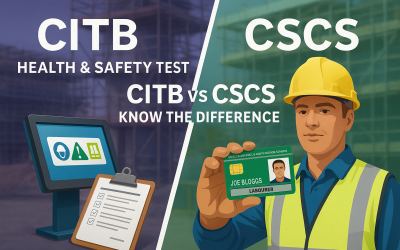HOW TO GET
A CSCS CARD
Step-by-Step Process to get your CSCS Card
If you’re planning to work on a construction site in the UK, a CSCS card is a must-have credential. It ensures you’re equipped with the appropriate qualifications and knowledge of health and safety regulations.
This in-depth guide breaks down the full process of obtaining a CSCS card, whether you’re new to the industry or looking to take the next step in your career. From choosing the correct card for your role to passing the CITB Health, Safety and Environment (HS&E) test and completing the application, we’ve made the process simple and straightforward.
No jargon, no confusion—just clear, practical steps to help you achieve compliance and boost your employability.
What is a CSCS Card and Why Do You Need One?
The Construction Skills Certification Scheme (CSCS) card is a widely recognized proof that a construction worker has received proper training and understands on-site health and safety protocols. The card system ensures that all site workers have the minimum required level of knowledge and qualifications relevant to their job. Although it is not a legal requirement, many employers and contractors insist on it for liability and insurance purposes.
CSCS cards come in various colours, each indicating the cardholder’s role, experience, and qualifications. Without the right card, gaining access to a worksite could be difficult, limiting your job options and income potential.
Growing Demand and Industry Standards
As the construction industry continues to professionalise and emphasize safety, the CSCS card has become an industry norm. According to the Construction Industry Training Board (CITB), over 2 million CSCS cards have been issued. This reflects a strong push toward improving safety awareness and verifying skills.
Holding a CSCS card demonstrates a commitment to professionalism and competency. For employers, it means peace of mind that their workers are trained and safe. For workers, it’s a gateway to more opportunities and better pay.
Step-by-Step Process to Get Your CSCS Card
Let’s dive into the complete roadmap for securing your CSCS card.
1. Identify the Right CSCS Card for Your Role
Start by determining the correct card type based on your job function, qualifications, and experience. There are multiple cards available:
Labourer (Green Card) – For general site workers with basic skills.
Apprentice (Red Card) – For those registered on an approved apprenticeship programme.
Skilled Worker (Blue Card) – For those who’ve achieved a Level 2 NVQ or SVQ.
Advanced Craft (Gold Card) – For workers with Level 3 NVQ/SVQ or advanced skills.
Supervisory (Gold Card) – For site supervisors.
Manager (Black Card) – For managers with Level 5+ qualifications.
Professionally Qualified Person (White Card) – For members of recognised professional bodies.
Tip: Use the CSCS Card Finder Tool to quickly discover the right card for your current or intended role.
2. Complete Any Required Training or Courses
Some cards require mandatory training before you can apply. For instance, to qualify for a Green Labourer Card, you must complete the Level 1 Health and Safety in a Construction Environment course. This course provides foundational knowledge of health and safety laws, hazard recognition, and risk minimisation.
-
- You can complete this course through various formats:
- In-person at an accredited training centre
Online via e-learning platforms
Tip: Ensure the course provider is recognised by CITB or another accrediting body. Retain all completion certificates for your application.
3. Book and Pass the CITB Health, Safety and Environment Test
This test is mandatory for nearly all CSCS cards. It ensures that applicants understand how to work safely on construction sites.
Test Type: Operatives Test (for most workers); Specialist and Managers tests are also available.
Duration: 45 minutes
Questions: 50 multiple-choice
Pass Mark: 45 out of 50
Fee: £22.50
You can book your test online or by phone. Book your test here.
Tip: Prepare using official CITB revision apps, books, or mock tests. Study the question categories carefully—these often include fire safety, manual handling, PPE, and emergency procedures.
4. Gather Required Documents and Information
To ensure a smooth application process, prepare the following:
-
- Valid ID (passport or UK driving licence)
Proof of qualifications (such as NVQ/SVQ certificates)
CITB test pass confirmation
Course completion certificates (if applicable)
- Valid ID (passport or UK driving licence)
Tip: Double-check that your name appears exactly the same across all documents to avoid verification delays.
5. Submit Your CSCS Card Application
Once everything is ready, apply online through the CSCS official site. Applications can be done by individuals or employers on behalf of their workers.
-
- Application Fee: £36
- Processing Time: 3–10 working days
You’ll receive your CSCS card by post, and it’s valid for up to 5 years depending on the type.
Tip: Keep digital copies of all your certificates and test confirmations for future use or renewals.
Real Experience: From Green Card to Career Growth
Joe, a site operative in Birmingham, shares his experience:
“I started with a Green CSCS Card and moved up to a Skilled Worker Blue Card after completing my NVQ Level 2 in Bricklaying. It didn’t just help me find work quicker—it also allowed me to negotiate better pay. Now, I’m working toward my Gold Supervisory Card.”
This kind of career progression is common once you’re in the system. Earning advanced cards leads to better roles and higher earnings.
Pros and Cons of the CSCS Card System
Pros
-
- Industry Recognition: Accepted by the vast majority of UK construction employers.
- Improved Employability: Makes you more attractive to hiring managers.
- Health and Safety Compliance: Promotes safer working environments.
- Career Progression: Different card levels let you climb the career ladder.
- Site Access: Often a requirement for gaining entry to sites.
Cons
-
- Initial Costs: Training courses and tests come with fees.
- Renewals: Cards expire every five years, requiring a retest and reapplication.
- Time Investment: Gathering documents, booking courses and tests takes planning.
- Changing Requirements: The CSCS system evolves over time, and some cards may be withdrawn.
Key Takeaways
-
- The CSCS card is a key credential for anyone serious about working in UK construction.
- Choose the appropriate card based on your current role and career goals.
- Most cards require a CITB test and sometimes additional training.
- The process includes booking a test, completing training, gathering documentation, and applying online.
- The time and cost involved are outweighed by the career benefits and increased job prospects.
Conclusion
Obtaining your CSCS card is one of the most important steps in building a successful career in construction. While the process involves a few stages, each one is straightforward when approached methodically. Whether you’re just starting out with a Green Labourer Card or aiming for a management position with a Black Card, this guide provides the clarity and direction you need.
Take charge of your future today. Book your CITB test now and get started on the path to better job opportunities, safer working environments, and long-term success in the construction industry.
How to book your CITB test today
1. Complete booking form
Free online booking form available in various languages, covering every exam at UK CITB centres, with secure payment processing through our dedicated portal.
2. Get Your appointment
We will compare your preferred dates with our available appointments to find the best match for you. If you cannot attend on the scheduled day, rescheduling is free
3. Attend the Exam
Attend your selected centre at your scheduled date and time to complete your CITB exam. Once finished, you will receive guidance on applying for your CSCS card.
Types of CSCS Cards
What card do you need?
Not sure which card you need? Most often, it’s the green general operative card. However, your job, trade, or qualifications might require a different one. If you already know your card, book your test now; if not, choose one below for details.
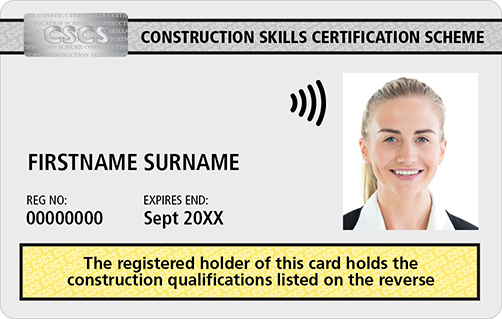
Academically Qualified Person
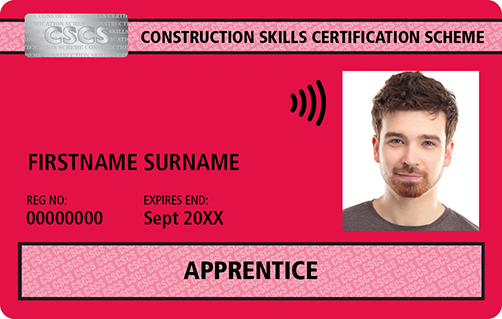
Apprentice
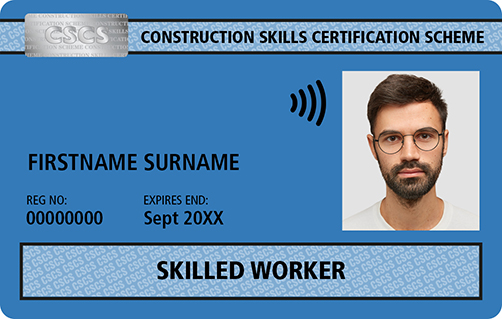
Blue Skilled Worker
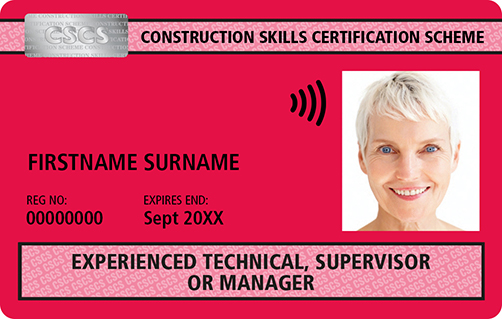
Experienced Technical, Supervisor or Manager
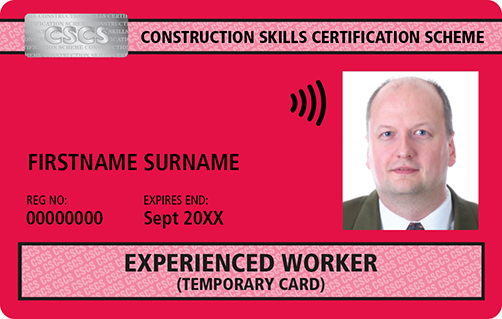
Experienced Worker
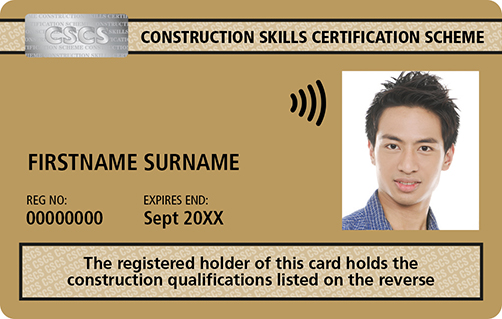
Gold Skilled Worker
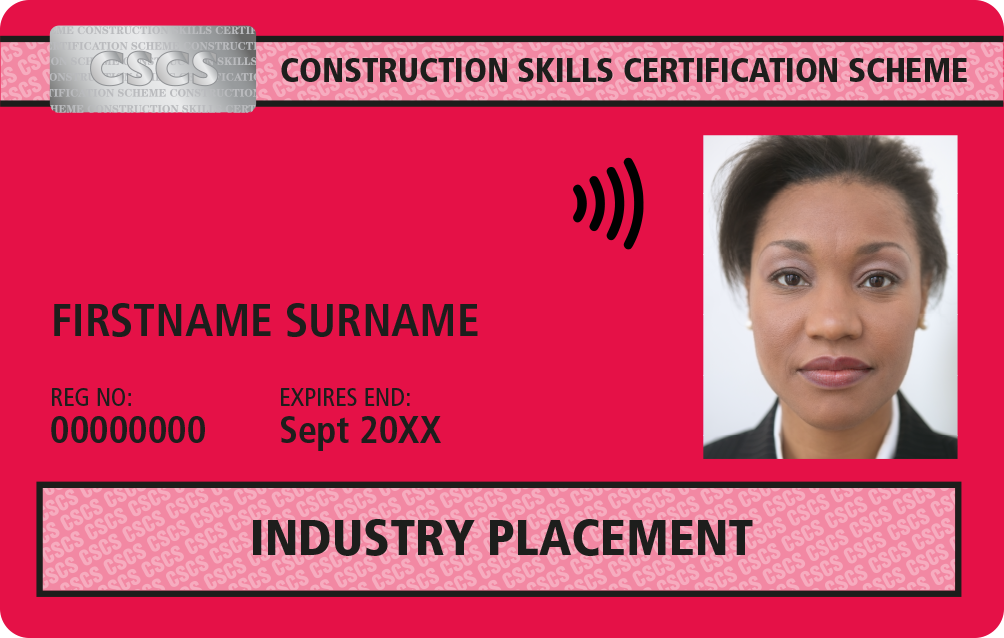
Industry Placement
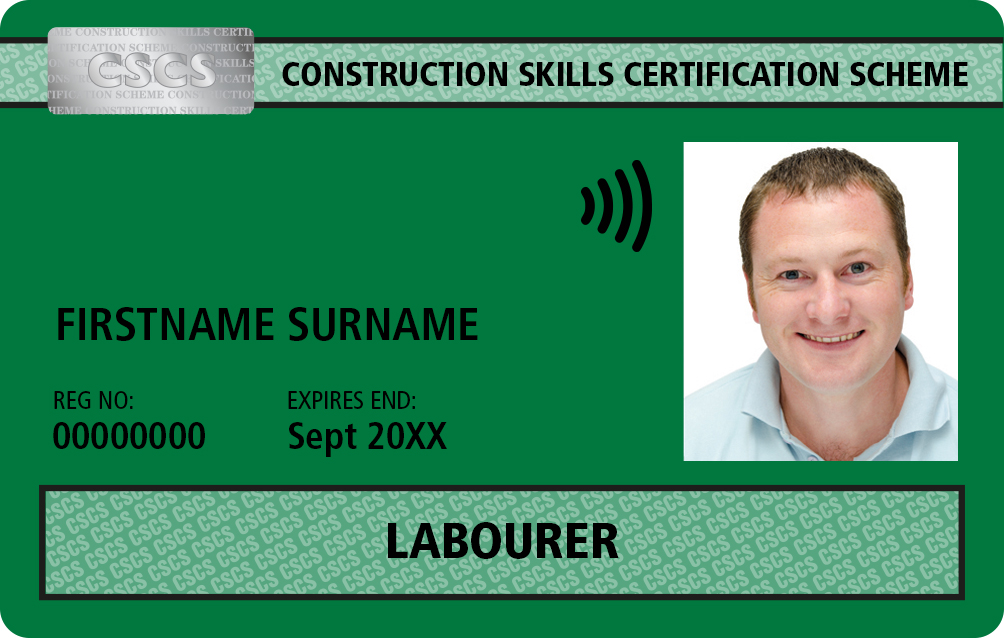
Labourer
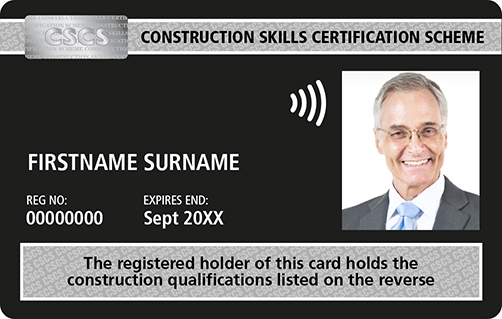
Manager
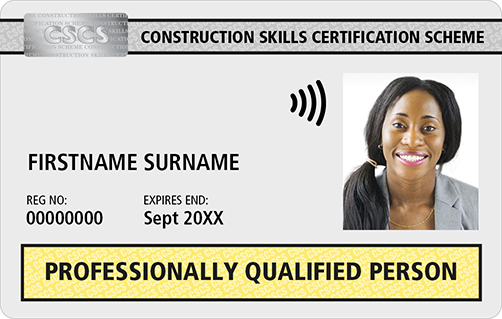
Professionally Qualified Person
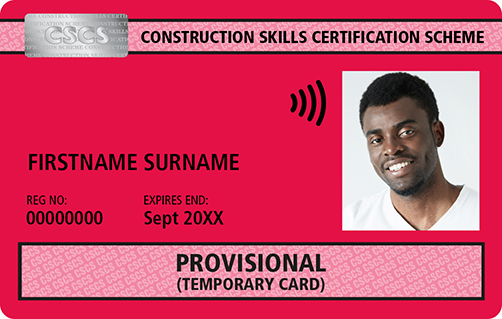
Provisional (temporary only)
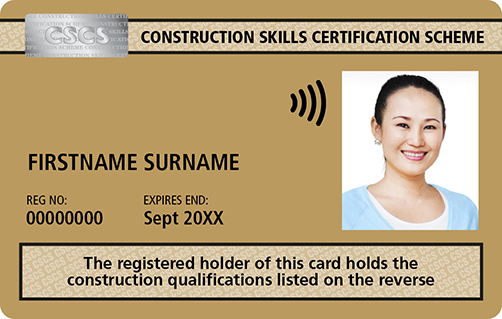
Supervisory
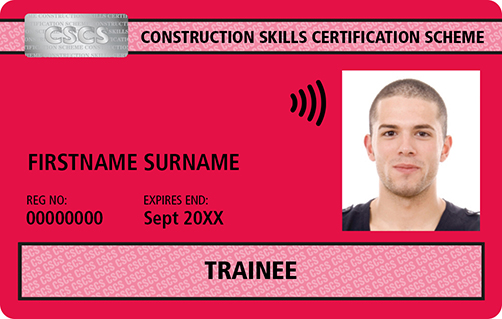
Trainee
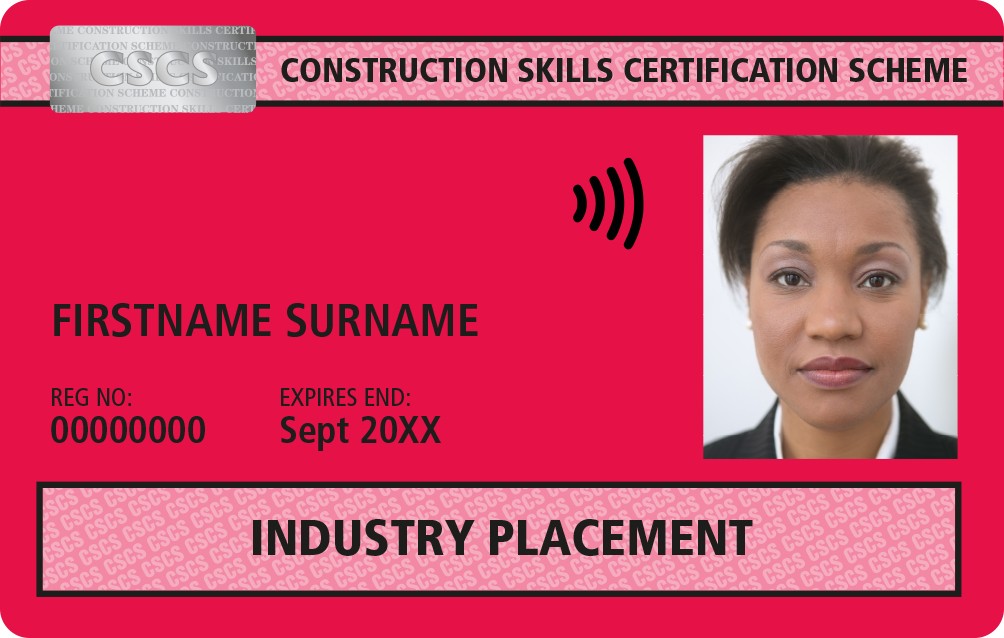
Industry Placement
Latest New & Updates
Special Assistance Options for the CITB Test
Discover every special assistance option for the CITB test—from language voice‑overs to extra time—so you can sit the exam with confidence and fairness.
CITB vs CSCS – What’s the Difference?
Confused about the CITB test and CSCS card? Learn the vital difference and the exact steps to secure your CSCS card first time.
Tips for Taking the Managers & Professionals CITB Test
Discover expert tips for taking the Managers & Professionals CITB Test and secure your CSCS card first time. Study smarter and beat the 90 % pass mark.


